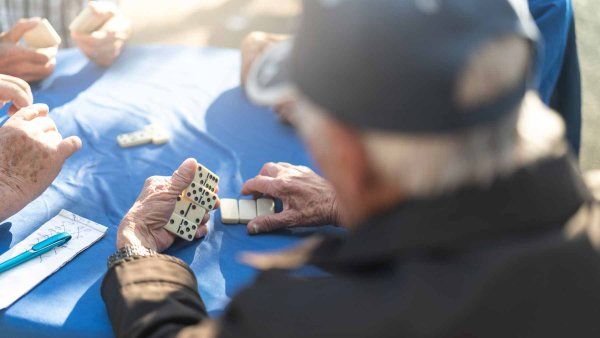University of California San Francisco
Give to UCSF-
-
When Depression Meds Don’t Work, This May Help You Turn the Corner
Transcranial magnetic stimulation (TMS) is a noninvasive in-office procedure. Brief magnetic pulses to the brain induces electrical currents that stimulate nerve cells in specific areas of the brain, providing symptom relief for patients with depression and OCD.
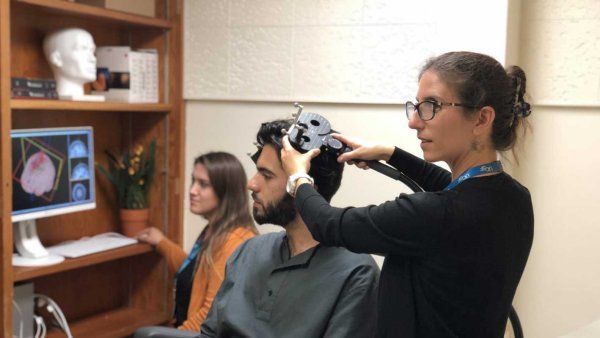
-
How to Avoid Open-Heart Surgery if You Have Leaky Tricuspid Valve
UC San Francisco interventional cardiologists and interventional echocardiographers recently performed the health system’s first commercial transcatheter tricuspid valve replacement procedure using

-
Can AI Accurately Triage ER Patients? UCSF Study Suggests Yes, 89% of the Time
-
Emergency Department Packed to the Gills? Someday, AI May Help
With further validation and clinical trials, the use of artificial intelligence in emergency departments could one day help prioritize patients based on the urgency of their treatment, and help with triage in emergency care.

-
When PTO Stands for ‘Pretend Time Off’: Doctors Struggle to Take Real Breaks
-
Say What? Microaggressions, Your Health and What To Do About Them
Faculty members Chase Anderson, MD, and Brittany Bryant, LCSW, help us understand what microaggressions are, what they look like, and what they mean for your mental health – and practical skills to deal with them, whether they’re directed at you or not.

-
Boyce, Giacomini, Narlikar, and Powe Elected to the American Academy of Arts & Sciences
From left to right: W. Thomas Boyce, MD; Kathleen Giacomini, PhD; Geeta Narlikar, PhD; and Neil Powe, MD, MPH, MBA. Four scientists and clinicians at UC San Francisco have been honored this year
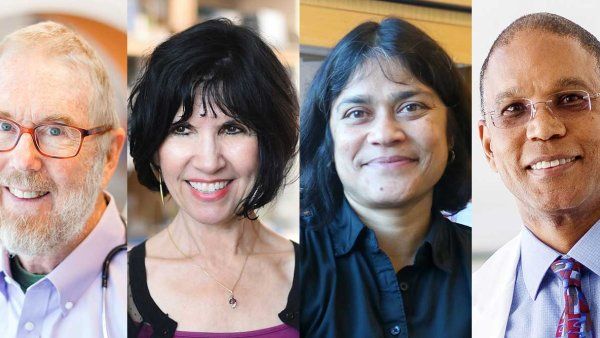
-
New Technique to Identify Anti-Aging Molecules
As the human body ages, cellular changes can drive a host of age-related diseases and conditions. The appearance of aging cells, also called senescent cells, in age-related diseases has spurred the

-
Elevator or Stairs? Your Choice Could Boost Longevity, Study Finds
-
Patients Under the Care of Female Doctors Are Less Likely to Die, New Study Shows
-
Targeted Therapy, Treatment Disparity Featured at Cancer Meeting
Leading cancer researchers from UC San Francisco presented talks about advances in targeted therapy, cancer genomics, eliminating treatment disparities and other cancer research topics at this year’s

-
Signs of Multiple Sclerosis Show Up in Blood Years Before Symptoms Appear
UCSF scientists have found a set of autoantibodies that emerge in some MS patients years before symptoms.

-
Gene Therapy Is Halting Cancer. Can It Work Against Brain Tumors?
New CAR-T gene therapy techniques could extend survival for patients with glioblastoma.
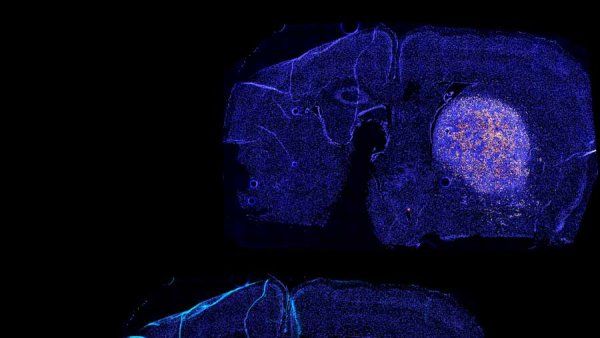
-
What Makes You Cough When Something Goes Down the Wrong Pipe?
When a mouthful of water goes down the wrong pipe – heading toward a healthy person’s lungs instead of their gut – they start coughing uncontrollably. That’s because their upper airway senses the
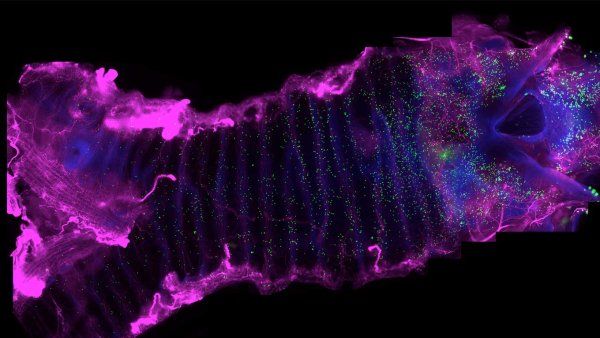
-
How the Inflamed Brain Becomes Disconnected After A Stroke
Mild brain inflammation destroys arm-like projections of neurons rather than the neurons themselves, but can still cause significant brain damage.
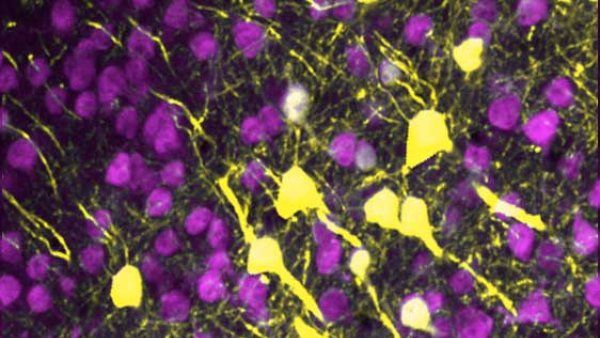
-
Clusters of Whooping Cough Reported at Private High School in San Francisco
-
What to Know After Taking Abortion Pills
-
Survivors of Severe COVID Face Persistent Health Problems
A study reveals the life-altering impact of COVID-19 on individuals who developed severe illness, the majority of whom had to be placed on mechanical ventilators. Two-thirds still had physical, psychiatric, and cognitive problems for up to a year later.
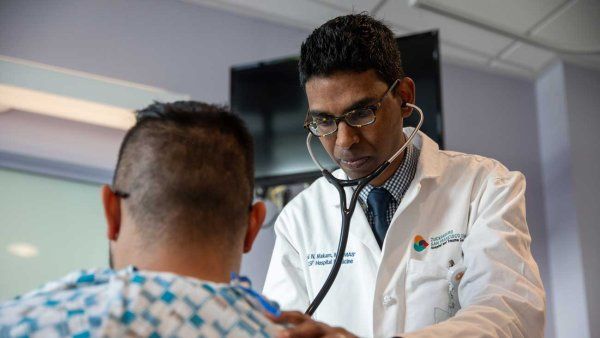
-
Hormonal Birth Control Doesn’t Deserve Its Bad Reputation
-
Quantity of Body Fat, Rather Than Location, May Be Key for Cardiovascular Diseases
Increased obesity worldwide has become a leading cause of cardiovascular diseases. A new study by UC San Francisco and the Broad Institute of MIT and Harvard researchers found the quantity of fat

-
UCSF Scientists Build a Molecular ‘GPS’ to Guide Cell Therapies
UCSF scientists have been awarded more than $30 million to develop “tissue GPS,” a new system using engineered T cells to guide therapies directly to their targets in the brain to treat neurological diseases like cancer, multiple sclerosis and Alzheimer’s.
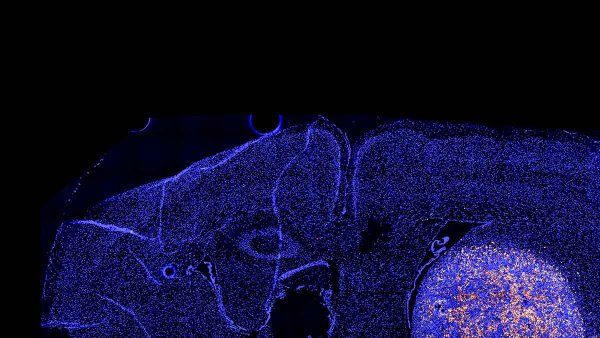
-
App May Pave Way to Treatments for No. 1 Dementia in Under-60s
A smartphone app could enable greater participation in clinical trials for people with frontotemporal dementia (FTD), a devastating neurological disorder that often manifests in mid-life.
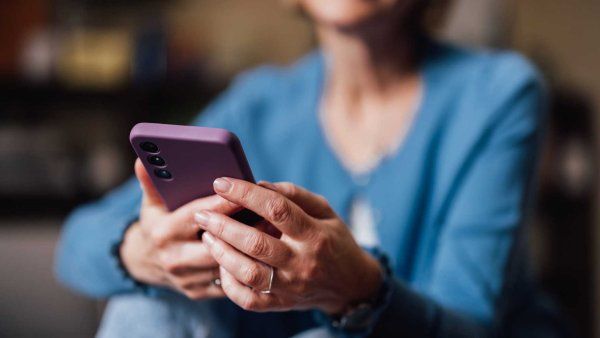
-
PCOS Symptoms Are Still Difficult for Doctors to Diagnose and Treat. Here’s Why.
-
Just Ask: Patients in the ER Are Willing to Get a Flu Shot
Intentional flu vaccine messaging, such as a brief video, flyer, or a scripted provider question, is enough to persuade many who visit emergency departments to receive the vaccination.
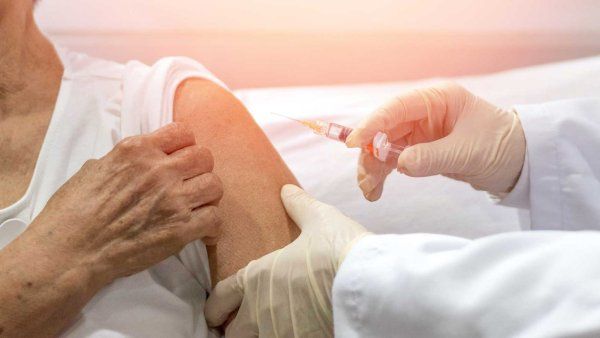
-
The 2024 American Measles Outbreak
-
UCSF Researchers Studying Health Risks of Microplastics
-
The U.S. Supreme Court Weighs Mifepristone for Abortion Care
An upcoming Supreme Court ruling could put a stop to telehealth abortion services nationally, and limit access to mifepristone, one of two drugs commonly used in abortion care.

-
Stink! Sweat! Pimples! Cramps! Puberty Is Coming. Prepare Your Kid With These 7 Tools.
-
Active Social Lives Help Dementia Patients, Caregivers Thrive
People with dementia and those who care for them should be screened for loneliness, so providers can find ways to keep them socially connected.
